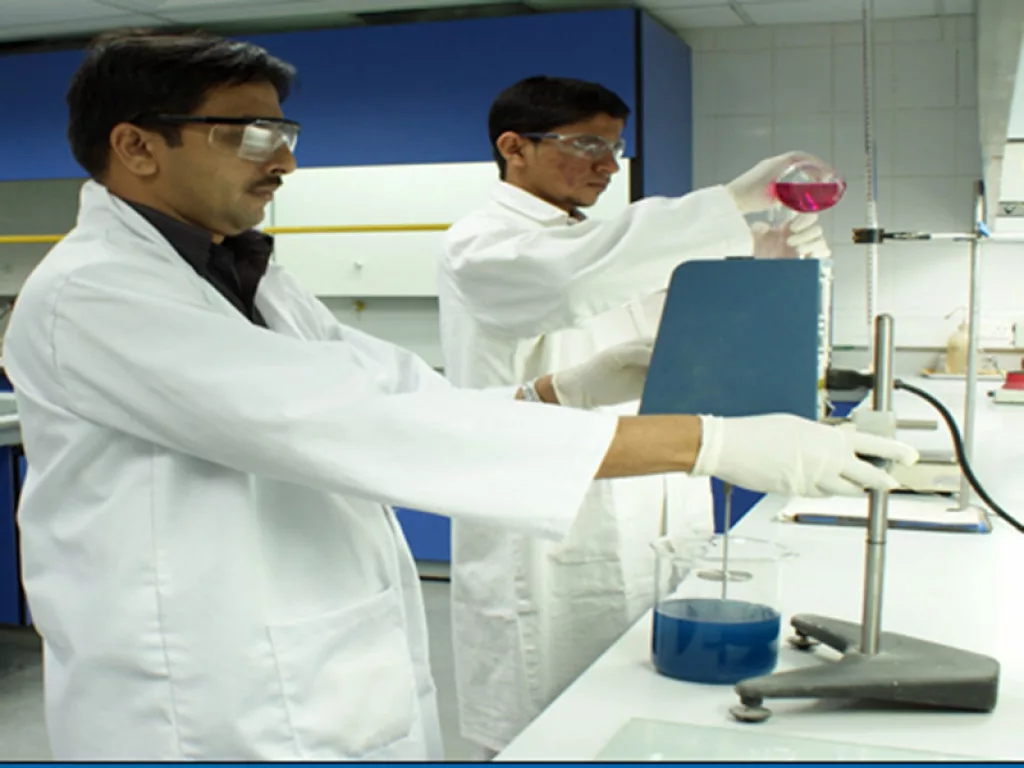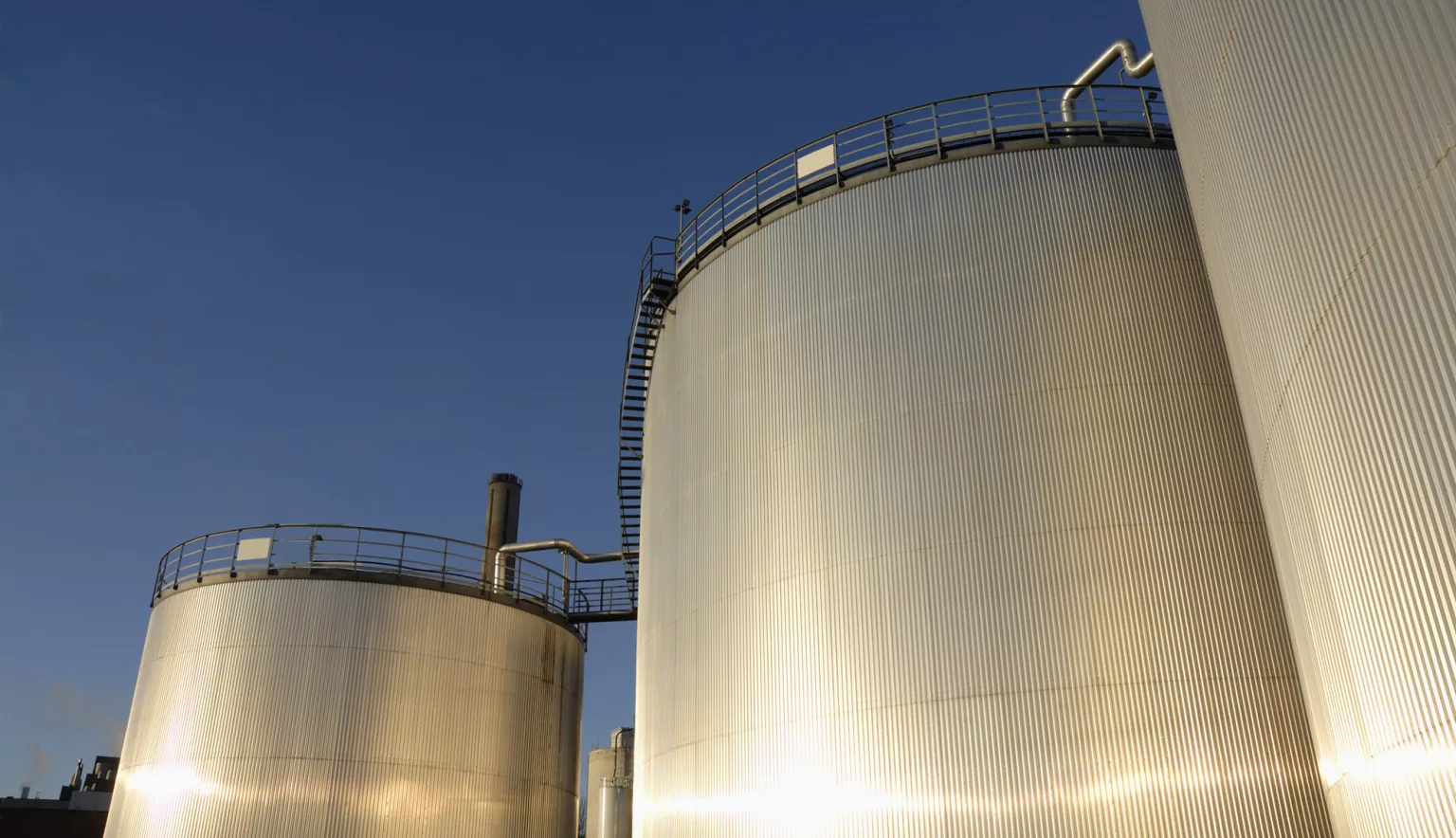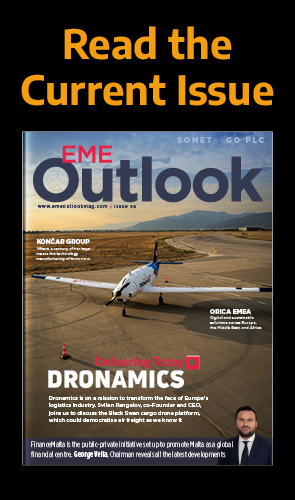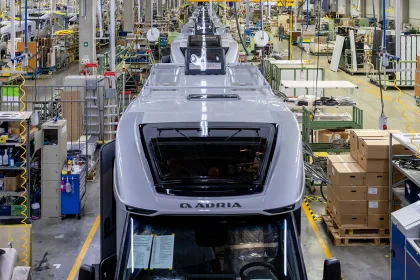Through its dedication to innovation, employee development and sustainable thinking, Cyrus Group of Companies continues to serve a multitude of regional industries with the future in mind.
EMPOWERED BY INNOVATION
Family businesses are the bedrock of local, national and regional economies around the world.
According to a 2019 study by Family Capital, the world’s 750 largest family-owned enterprises alone employ around 30 million people and generate incomes of more than $9 trillion.
Key to the success of such businesses is bridging what Deloitte calls the chasm between long- and short-term priorities, a major challenge facing generations of families as control passes down which can have an adverse impact on forward-thinking attitudes and approaches to innovation.
Indeed, Deloitte in its Global Family Business Survey 2019 went as far to say: “Some family businesses are inclined to be risk-averse and unwilling to innovate, even when they have the resources to do so, due to concerns about the possibility of a negative outcome and a reduction in the family’s wealth.”
The CYRUS Group of Companies, it is safe to suggest, has negotiated this dynamic to a remarkable degree of success.
Starting out as a family enterprise importing bulk commodities in 1977, the UAE-based firm has evolved into a multinational and multicultural organisation, innovating and incorporating value added manufacturing capabilities to serve infrastructure markets in the Middle East, India and Africa.
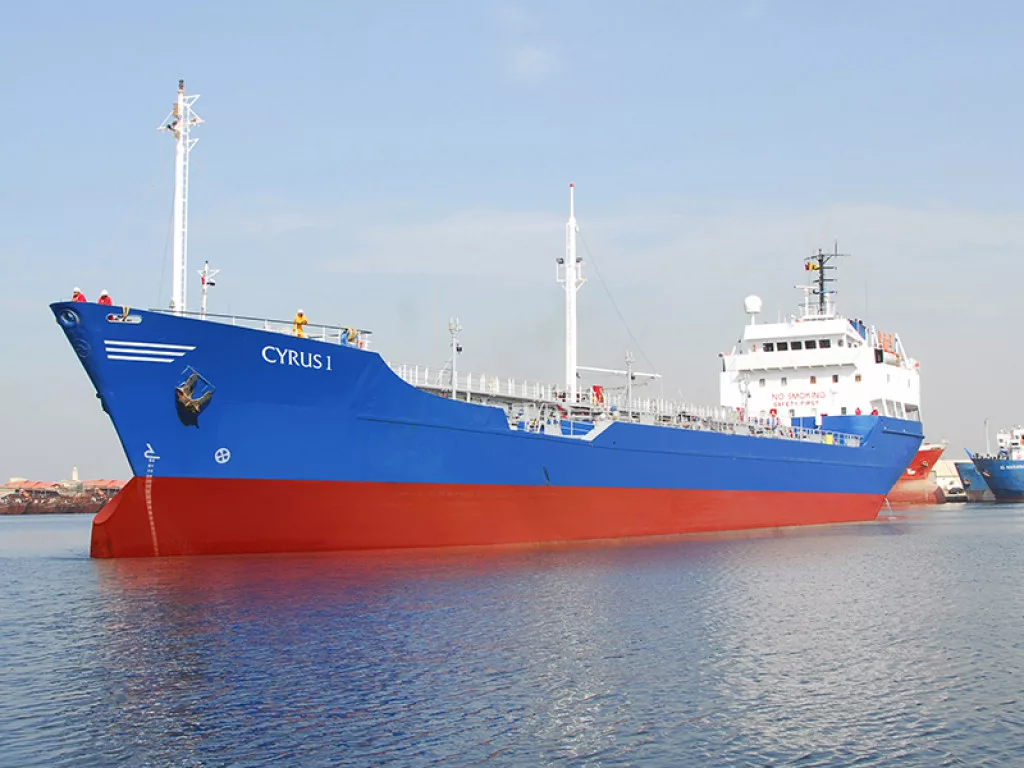
RAISING THE BAR
Today it operates a number of companies brought together under four major divisions – CYRUS Infrastructure, CYRUS Oil & Gas, CYRUS Logistics and RANSA Commodities.
A common thread uniting them all? An unrelenting desire to surpass industry benchmarks through an open adoption of innovation.
“Our practices in cutting-edge technology enable us to attain the highest international standards,” explains Rana Hajirasouli, CYRUS Group’s Chief Operations Officer.
“We have a strong focus on developing quality products that are a benchmark in the industry, as well as integrated management systems that demonstrate quality business practices accredited under ISO 9001, 14001 and 18001 certification for quality, safety, health and environmental management systems. Similarly, we were recognised by the Foundation for Excellence in Business Practice.”
The best example of innovation in action at CYRUS surrounds the manufacturing of polymer modified bitumen (PMB), a high-performance enhancement of traditional bitumen used in pavement construction for roads and airports.
CYRUS, through its CyTech division (part of CYRUS Infrastructure), has been at the forefront of introducing these polymer technologies to the Middle East asphalt market.
“Innovating through leading-edge technology gives CyTech a competitive edge, but more importantly delivers on the needs of clients who seek higher performing, longer life pavements for their roads and airports to help build a more sustainable transport network,” Hajirasouli adds.
CyTech and its in-house team of engineering experts have enabled the company to be involved in several regional landmark projects, including major expressway developments ahead of the 2022 FIFA World Cup in Qatar.
There are almost too many examples in the GCC for Hajirasouli to list, the likes of Abu Dhabi International Airport and Yas Island F1 circuit also cited, as well as Dubai Autodrome, military airfields for NATO, the Muscat Coast Highway and Dubai Palm.
In Kuwait, CyTech entered a joint venture with a local Kuwaiti engineering and construction partner, investing in a new polymer bitumen blending plant, bulk PMB storage tanks and full R&D laboratory capability as the parties seek to deliver higher standards to the country’s roadbuilding.
This has also involved the sponsorship and delivery of a number of “Raising the Bar” technical presentations at industry events.
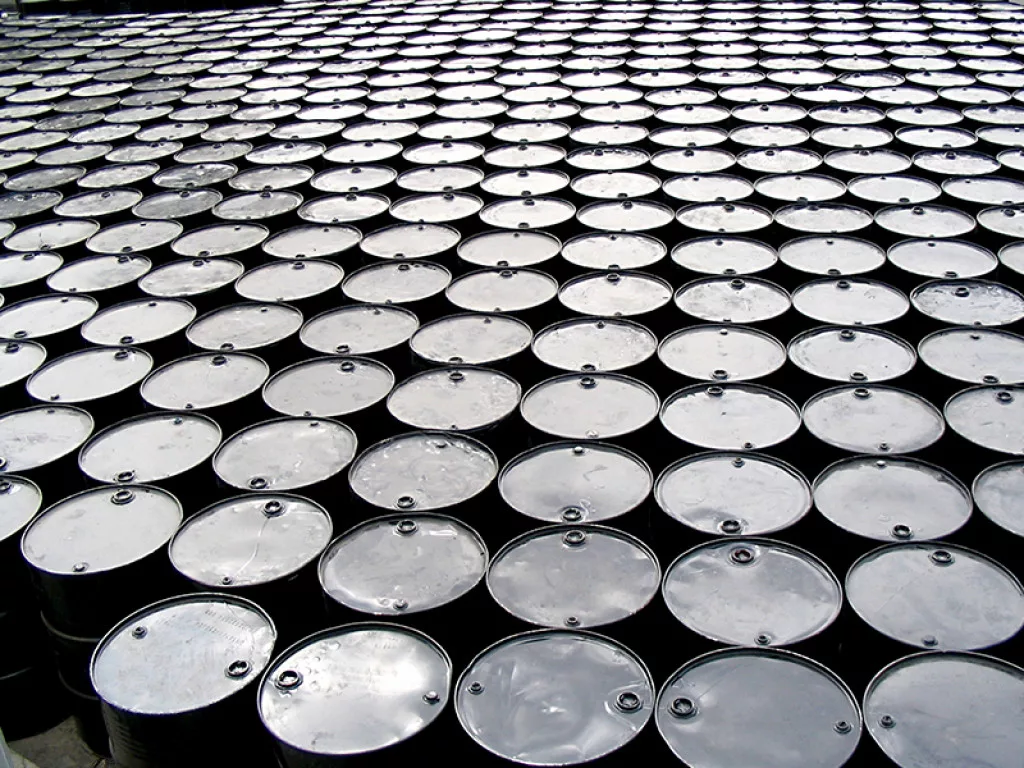
HAPPY AND EMPOWERED
Such investments in facilities and equipment are commonplace across all of CYRUS’s divisions, another aspect uniting the group being its dedication to employee development and wellness.
“This is of paramount importance to us,” says Hajirasouli. “We are proud that we have several staff members which have exceeded 18-plus years in the company. There are micro and macro level features to ensuring our colleagues are happy and choose to have long careers with us.
“For example, we do not compromise on our administrative and HR policies that address equal opportunity, a safe working environment and access to management, resolve interdepartmental issues, and ensure democratic employee recognition. But we also allow for exceptions on a case-by-case basis and offer support around our policies to ensure that our employees are heard and supported when necessary.”
Another policy helping to build a harmonious relationship between divisions and departments is CYRUS’s buddy mentorship programme, a system which promotes knowledge exchange and collaboration between what can be isolated business units.
This is all built around a culture of trust, autonomy and appreciation.
“We believe that long careers begin and end with trust, and we never micromanage our staff and believe that they are trustworthy and diligent, allowing them to be accountable and work autonomously in their fields,” the COO says.
“Our staff are all high-performing and dedicated personnel, and we keep a close eye to ensure appreciation towards their hard work through recognition, awards, bonuses, promotions, positive feedback and never breaking our promises to them. This is our recipe for high employee-retention.”
Hajirasouli also points to several examples of employees joining in one discipline and switching to another, the company supporting their desires to reskill and pursue an alternative career path through the organisation.
“We also do not believe in restricting employees to their daily jobs,” she continues. “They have opportunities to join committees, boards and create volunteering opportunities to add to their portfolio of skillsets.
“This can also cover financial skills, public speaking and team leading, providing fertile ground that will help them advance core competencies and keep up to date with industry standards.”
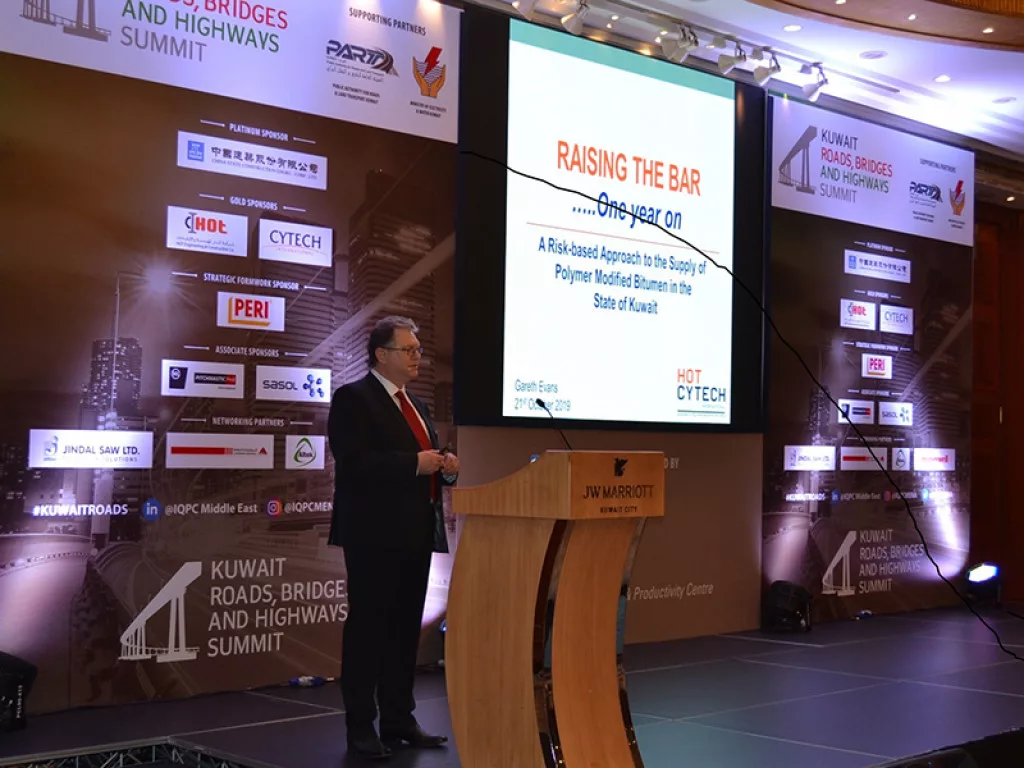
A SUSTAINABLE FUTURE
Such industry standards are increasingly emphasising the significance of sustainability, another threat that runs through the entire CYRUS organisation. From responsible sourcing and fulfilling green building regulations to recycling and environmentally friendly product innovations, the group is heavily engaged with the sustainable agenda.
For instance, in 2015 CYRUS signed up to the Together for Sustainability (TfS) initiative, a scheme founded by six of Europe’s leading international chemical companies to enhance their sustainable sourcing practices.
Two other examples highlighted by Hajirasouli are recycling and the development of special bitumen binders for warm-mix asphalt.
In the recycling realm, CYRUS has the expertise to reuse what would otherwise be waste tyre rubber and plastic into its advanced bitumen binders enabling longer life asphalt roads, the COO outlining how the group is well-positioned to provide sustainable waste management solutions in a bid to reduce damage to our natural environments.
Likewise, promoting warm-mix asphalt will help to reduce the environmental footprint of construction activity. Typically, production of asphalt requires temperatures of 160-170 degrees Celsius, a figure which CYRUS can reduce by 20 to 25 degrees. The solution has been trialled by UAE municipalities and could be an important part of Expo 2020 discussions on green construction technologies.
“On a slightly different note, we have created an initiative called Last Life Dubai where we collect packaging materials such as wooden pallets, drums, and pails which are used to recycle and make chairs, pet beds and creative display items,” Hajirasouli adds.
“This is a major contributor in reducing waste in our organisation. It has become almost a full-time job, and we have encouraged competitors to follow suit in corporate responsibility measures that can reduce their waste from packaging materials from raw materials and finished products.”
Responsible, forward-thinking initiatives such as this leave the COO optimistic about sustainable development by CYRUS and the wider industries which it serves.
Looking ahead to the future, Hajirasouli points to the need for the group to maintain its embracement of innovation across all business units and functions, activity which will only futureproof it against upcoming challenges and changes in the market.
And given its track record and journey since starting small in 1977, the next chapter looks equally bright.
